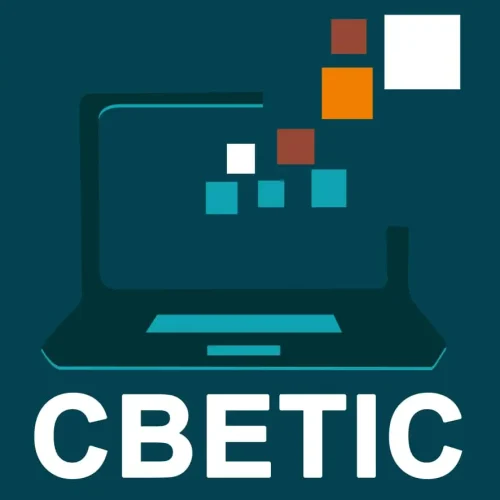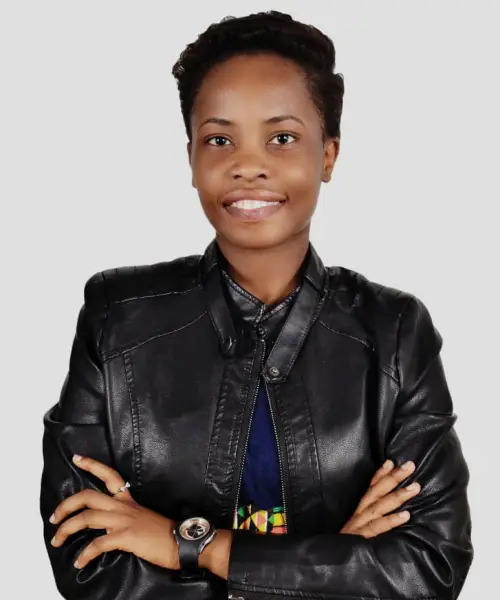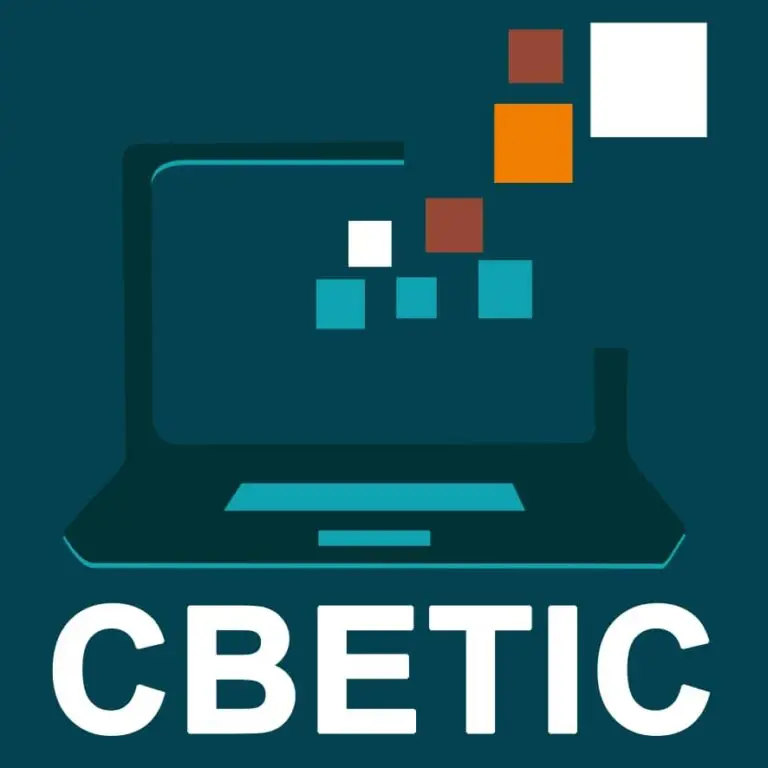The Maarif foundation of Turkey conducts comprehensive educational activities with the aim of representing Turkey with quality education abroad, based on the common knowledge of humanity and the ancient wisdom tradition of Anatolia. The foundation’s mission is to develop well-equipped, productive, and virtuous individuals who use their knowledge for the benefit of humanity and prioritize continuous development and teamwork. It aims to develop an up-to-date infrastructure in the field of artificial intelligence by investing in the digital age. The Foundation aims to disseminate the curriculum on artificial intelligence in all levels of education in all countries by making artificial intelligence and digital skills an indispensable part of the education system. For the moment, the artificial intelligence course is taught in seven countries.
Artificial intelligence, defined as a set of theories and techniques aimed at creating machines capable of simulating human intelligence, is shaping the world in unprecedented ways. It is now at the origin of profound industrial transformations with large-scale production.
As proof of its importance at the global level of interest, new global agreements on artificial intelligence were signed at the World Telecommunication Standardization Assembly (WTSA-24) held on 24th October 2024 New Delhi, India. Members of the International Telecommunication Union have agreed on standards priorities and capacity development in areas ranging from artificial intelligence and the metaverse to sustainable digital transformation.
And for good reason, the Maarif foundation of Turkey does not beat around the bush, it is in the process of making artificial intelligence an industry in its education system. This international organization of Turkish origin already teaches ICT, computer science, Arduino, mBot2 and IT, in its schools open in 55 countries around the world, including Burundi. In 7 countries already, the foundation teaches artificial intelligence. In this article, ICT News deciphers motivations behind this innovation of the Maarif foundation of Turkey in this case the global vision of education, artificial intelligence and education; mainstreaming digital behaviour for development; development prospects in the field of artificial intelligence; impact on Burundi, emerging country in 2040, developed country in 2060 and educational technologies as a revolution of learners and families in Burundi. The Maarif foundation of Türkiye is positioning itself as a model to follow in this regard.
Indeed, the Türkiye Maarif Foundation conducts comprehensive educational activities with the aim of representing Türkiye with quality education abroad, based on the common knowledge of humanity and the ancient wisdom tradition of Anatolia. The Foundation’s mission is to develop well-equipped, productive, and virtuous individuals who use their knowledge for the benefit of humanity and prioritize continuous development and teamwork.
Global vision for education
This Turkish-born organization provides education to more than 53,000 students in 466 schools in 55 countries. In his 10thTh year, it aims to prepare a unique international education program originating in Turkey with an accreditation system.
Artificial intelligence and education
This foundation, which avoided the loss of education without interrupting the relationship with students by using distance learning methods during the pandemic, closely follows developments in the field of artificial intelligence in education. One of the themes of the Istanbul education summit, traditionally held every year in Istanbul by this organization, where AI experts from major countries gather, has been identified as “Artificial intelligence and education.”
Integrating digital skills for development
The Maarif foundation schools also contribute to the trend of using digital culture and artificial intelligence from primary school onwards by offering courses in robotics coding and artificial intelligence. Curricula and teacher manuals have been developed in cooperation with experts from the United States, and an artificial intelligence course program has been added to the first-year secondary education curriculum in pilot schools across seven countries during the 2024-2025 school year, including Côte d’Ivoire, Albania, America, Tunisia, Gabon, Togo, and Kosovo.
Perspectives in the field of Artificial intelligence
The Maarif Foundation of Turkey aims to develop an up-to-date infrastructure in the field of artificial intelligence by investing in the digital era. The foundation aims to disseminate the artificial intelligence curriculum at all educational levels in all countries, making artificial intelligence and digital skills an indispensable part of the educational system. “We will not abandon classical teaching on artificial intelligence. Because we must build the minds of new generations in accordance with the educational system of tomorrow by imparting the capacity for reflection and philosophy in classical teaching. We will teach mathematical thinking and coding systems to our students. We work to raise new generations capable of designing technologies; especially artificial intelligence, and thinking computationally.”
Impact on Burundi: emerging country by 2040 and developed country by 2060
By integrating ICT, computer science, Arduino, mBot2, and IT into schools, Burundi can create a workforce ready for the future, improve societal well-being, and accelerate progress towards an autonomous and prosperous nation. Technology enables students to acquire practical skills to tackle critical challenges in agriculture, energy, health, and infrastructure. For example, students trained in automation can develop intelligent irrigation systems, thereby increasing food security and agricultural productivity. Innovations in renewable energy using Arduino and robotics can help reduce the country’s dependence on imported energy sources. Additionally, students trained in computer science can create digital solutions for government services, promoting efficiency and transparency. This technological generation will foster entrepreneurship, create jobs, and attract foreign investment, thus fueling economic growth in Burundi and its global competitiveness. This holistic development ensures a better future for the country, its learners, and their families.
Educational technologies: A revolution for learners and families in Burundi
Benefits for learners
For learners, the integration of technology offers the opportunity to acquire cutting-edge skills in programming, robotics, and digital communication. These skills not only prepare them for emerging careers but also nurture critical thinking and problem-solving abilities, making them capable of innovating and adapting to evolving challenges. Practical applications, such as creating automated systems or solving real-world problems with robotics, make learning engaging and relevant. This approach inspires confidence, encourages creativity, and positions learners as contributors to society.
Support for parents
Parents will also benefit from the integration of technology in schools. They see their children acquiring skills that promise better career opportunities and financial stability. Moreover, automation and digital tools can support family businesses, for instance, by using technology to track inventory or manage small-scale production.
By Ornella Munezero
Ornella is a social entrepreneur developing solutions that integrate digital tools to support education and reduce school dropouts, particularly among young girls. She is highly experienced in communication, having been a TV host focused on empowerment and development.




